Elevar Tracking Predictions for 2022
To help you prepare your business strategy and goals for 2022, Elevar has prepared tagging, tracking and privacy predictions for you to consider.
To help you prepare your business strategy and goals for 2022, Elevar has prepared tagging, tracking and privacy predictions for you to consider.
From iOS14.5 to browser rule changes to increases in adblocker usage, marketers had to pivot and weave quite a bit in 2021.
Check out our blog: How Tracking Changed in 2021 for a recap!
When it comes to managing tagging, tracking and privacy compliance, 2022 will likely be a bit of a roller coaster ride, so hold on tight! Here are our team’s initial predictions for tracking and privacy changes in 2022. We plan to update these predictions as the year unfolds.
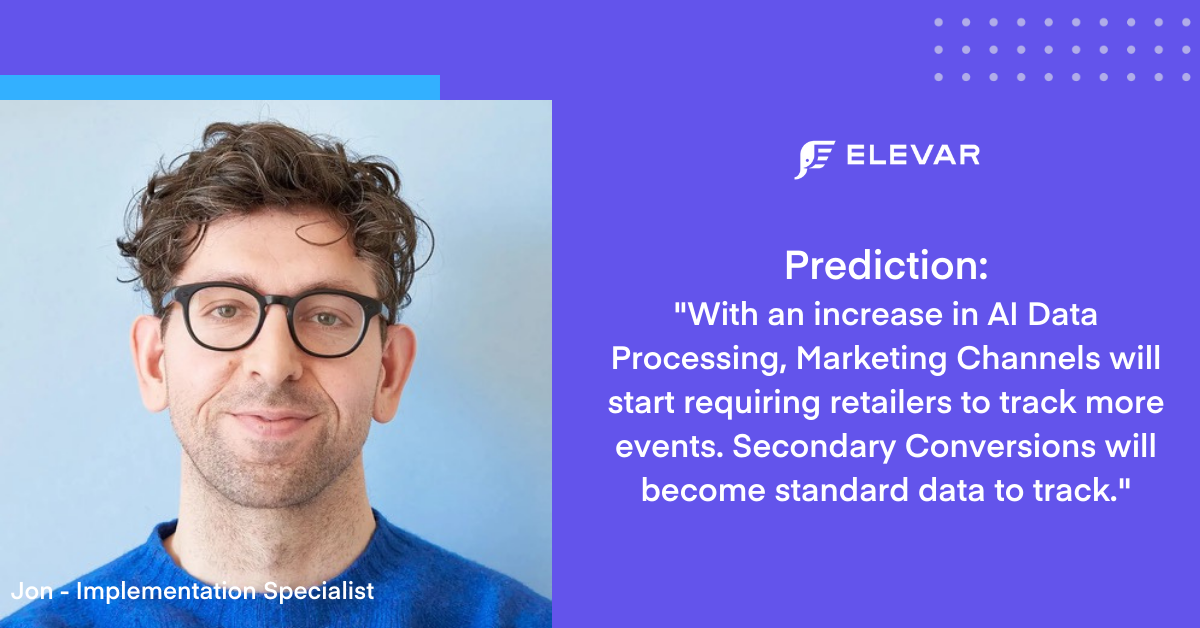
About a decade ago, Machine Learning was a science fiction concept. Now, AI technologies have flooded almost all aspects of marketing and the ecommerce landscape from AI copy writing to Machine Learning in Order Fulfillment to algorithms predicting when a customer will purchase next.
With the increase in companies wanting to use machine learning in their data analysis, Elevar Implementation Specialist, Jon, foresees a complementary foundational shift in what data marketers will need to collect.
“Algorithms need data to learn,” Jon shares. “The more data an algorithm has, the faster and better it will be. So it makes sense that technologies that use the data like marketing channels (Facebook, Instagram, Snap Chat, affiliate networks, etc) will ask for more data.”
“The trend is going to be tracking more events in general. Today, some marketing channels only require a page view event and conversion event. We can expect to see all channels requiring more event data, and channels like Facebook who capture the full e-commerce funnel, may start adding new events like add-to-wish list, email sign-ups, and review button clicks.
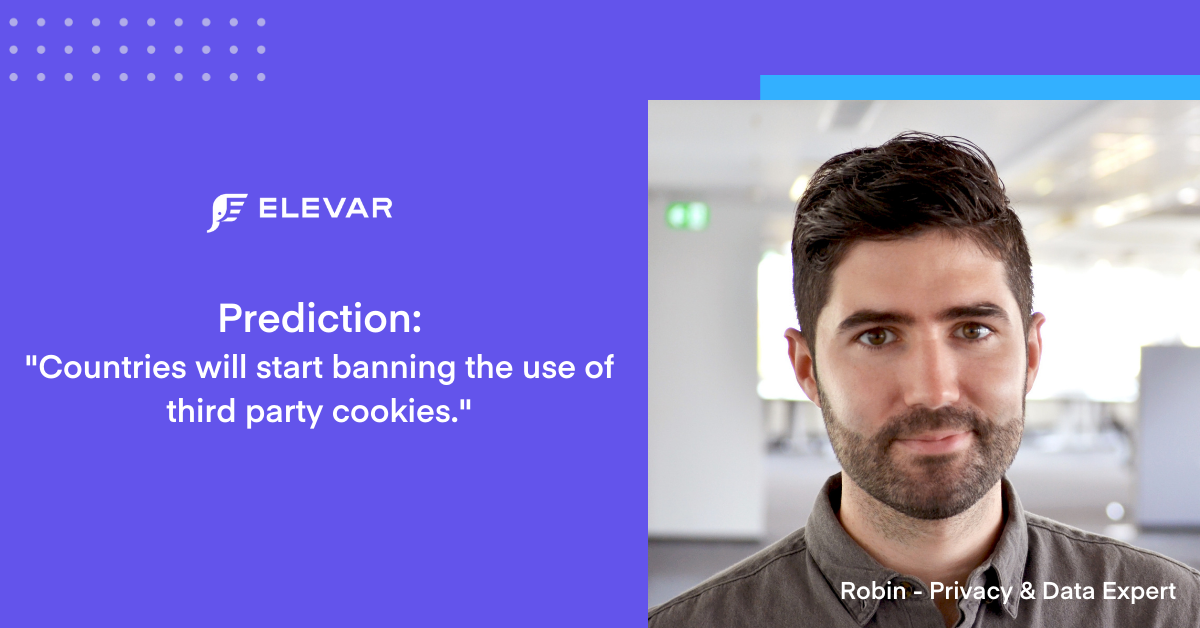
Ready for your world to be rocked? Google Analytics was ruled to be illegal to use on European websites by Austria’s data protection authority.
“I’m not surprised by this ruling,” shares Robin, Elevar Data & Privacy Analyst. “Everyone is being tracked, and people want to avoid becoming a ‘product’ or ‘piece of data’.
“I predict that 2022 will see more countries following Austria’s lead and ban the use of third party cookies or third party browser tracking. Google has already shared that it will stop the use of third-party cookies in Chrome by 2023.”
“Retailers will start to adopt first-party cookie tracking methods – requiring consent in most cases. While data collection will still be possible, merchants must ensure that shoppers understand the value in collecting their data, assure them that their data will not be sold, and provide incentives for providing high value data like email.”
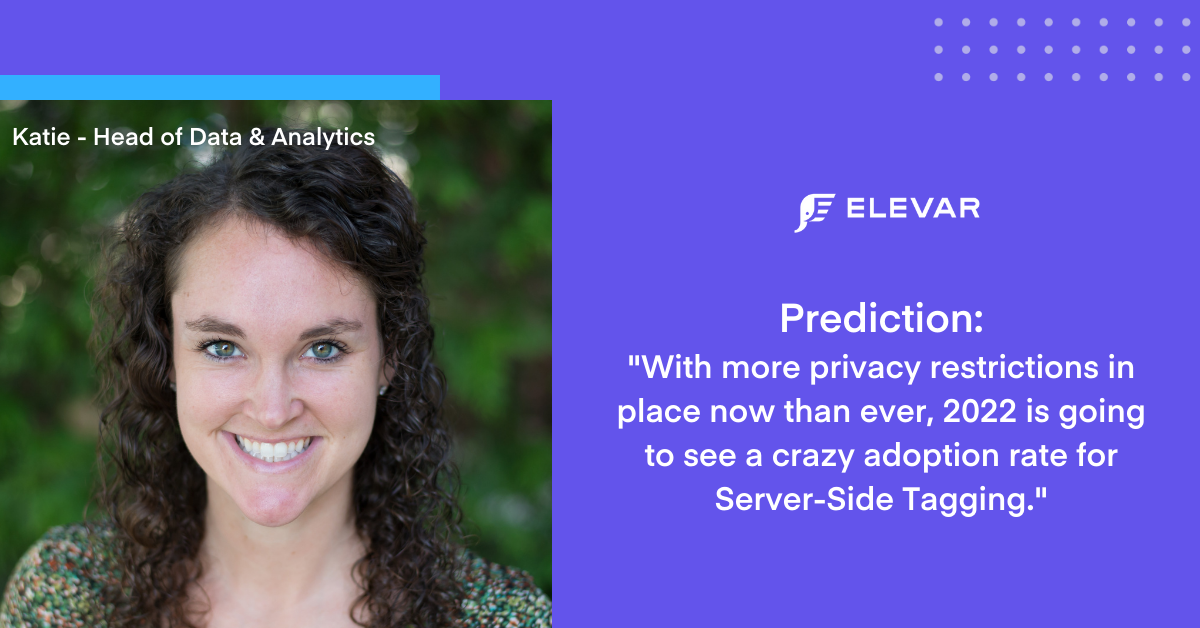
The challenges that 2021 brought with iOS14.5, increased AdBlocker usage, and Safari’s 24 hour cookie expiration policy has forced retailers to ask ‘How do I capture as much data as legally possible?’
But it’s not just the retailers that have felt the pain these updates cause.
“For Marketing Channels like Facebook, TikTok, etc., it’s in their best interest to prove that their ads are converting,” elaborated Katie, Head of Data & Analytics at Elevar. “As browser tracking becomes less reliable due to privacy restrictions, these marketing channels are launching their own Marketing APIs as a result.”
“Server-side tagging, an API-based tracking method, is the future. It helps you send as close to 100% of your data to your marketing channels as possible. More and more marketing channels will launch their own Tracking APIs in 2022 and retailers will be adopting these server-side endpoints as soon as they become available.”
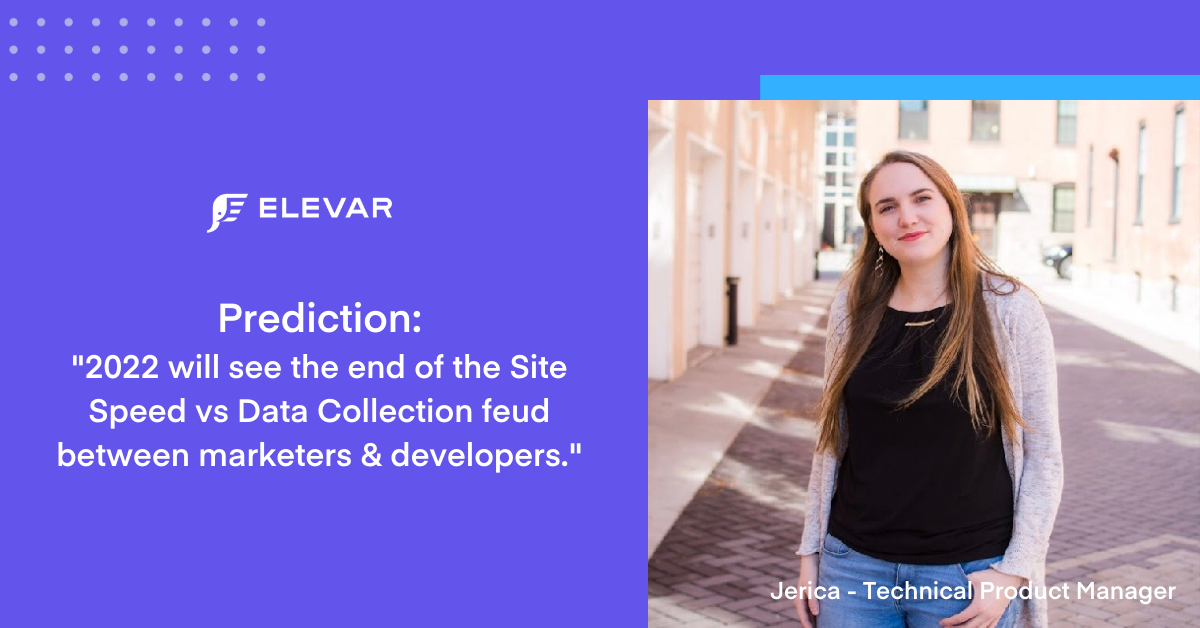
It seems that since the dawn of time, there has been a conflict between Web Developers and Marketers when it comes to site performance versus data collection. Web developers generally want to reduce the amount of tracking scripts on a website so that site speed is maximized, and marketers want to implement accurate and comprehensive data tracking.
“2022 promises a perfect storm of retailers adopting server-side tagging methods and marketing channels rolling out their own Marketing APIs,” explains Jerica, Elevar Technical Product Manager. “I predict that in 2022, we’ll see retailers transitioning 50%+ of their marketing scripts to server-side. This means 50% less scripts that need to load in a browser and slow down site speed. This change has the potential to help retailers increase their site speed and capture more accurate data than browser tracking can!”
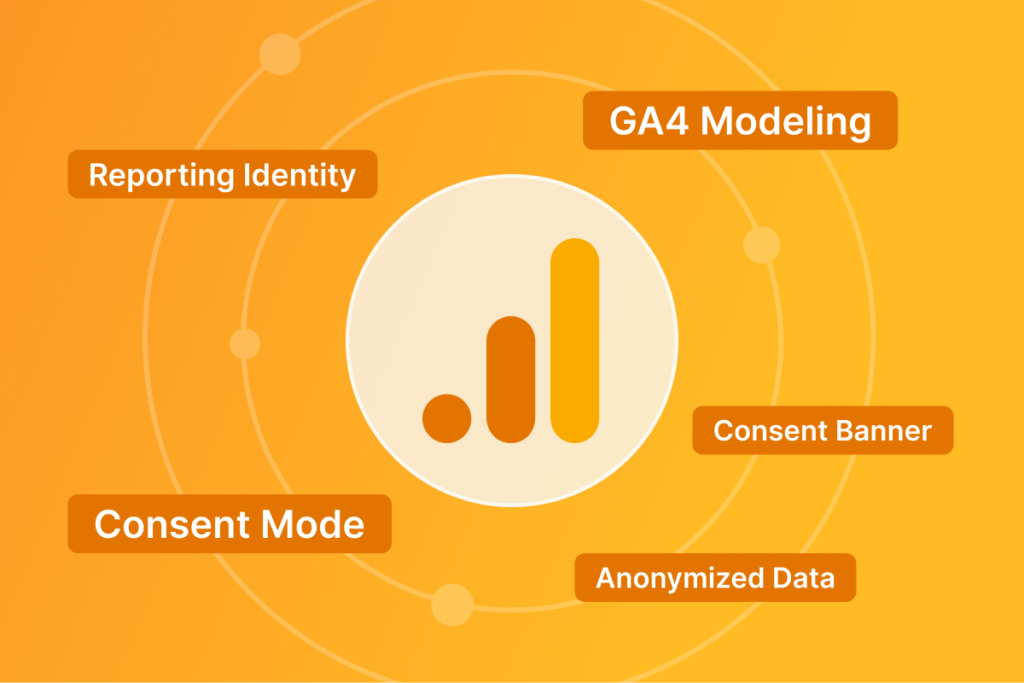
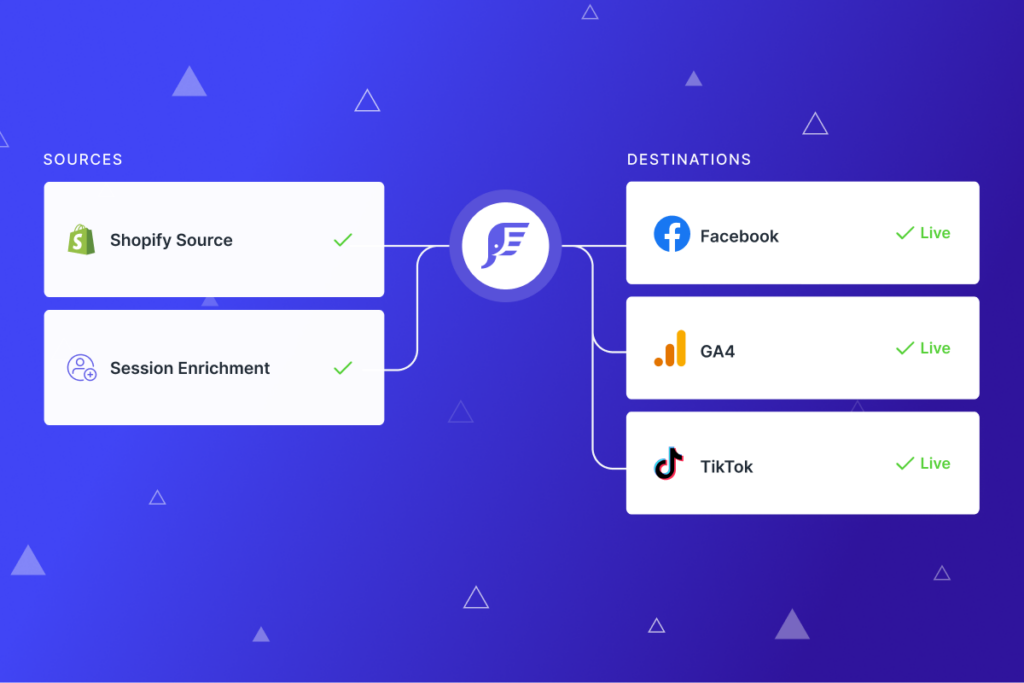
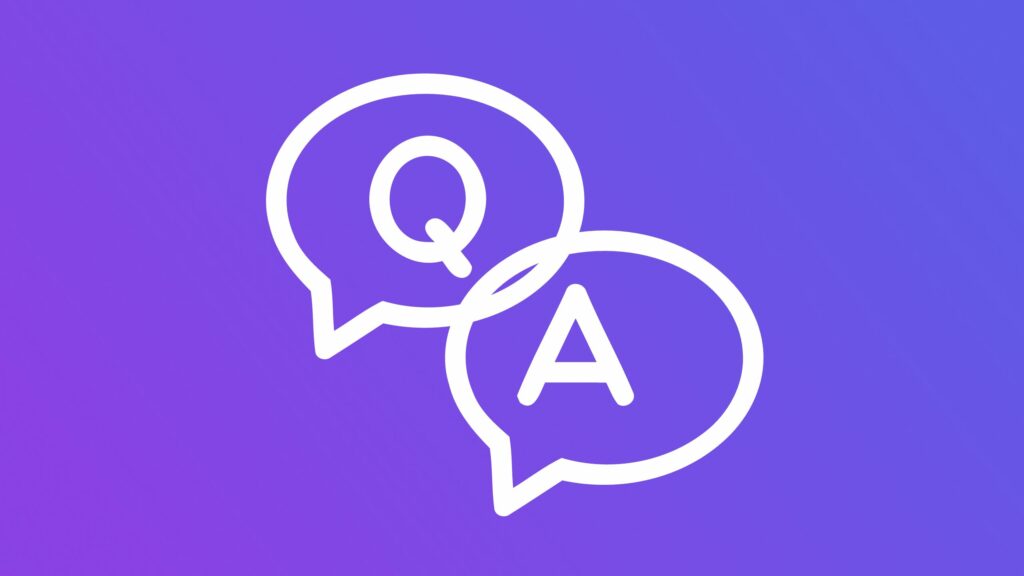
Leave a Reply